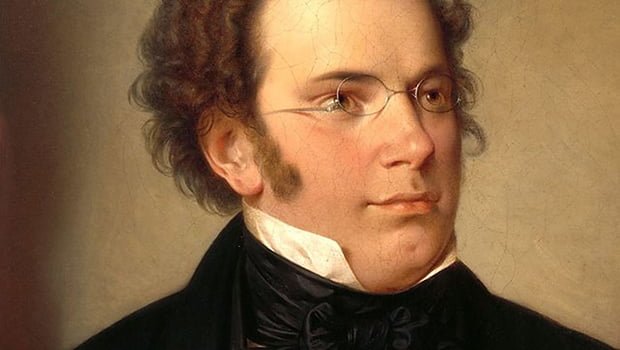Franz Schubert, one of the most beloved composers of the 19th century, left an indelible mark on the world of classical music despite his tragically short life. Born on January 31, 1797, in Himmelpfortgrund, a suburb of Vienna, Schubert showed an early aptitude for music. His father, Franz Theodor Schubert, was a schoolmaster, and his mother, Elisabeth Vietz, was a cook in the service of Count Johann Karl Esterházy, a nobleman with a great appreciation for the arts.
Schubert’s musical talent was nurtured from a young age. At the age of six, he began receiving violin lessons from his father, and by the time he was seven, he was studying piano with his brother Ignaz. Recognizing his son’s exceptional musical ability, Franz Theodor Schubert arranged for young Franz to receive formal musical training at the Stadtkonvikt, a prestigious boarding school for choirboys in Vienna, where he studied under the renowned composer Antonio Salieri.
During his time at the Stadtkonvikt, Schubert’s talent blossomed. He composed prolifically, writing his first symphony at the age of 16. Despite his musical achievements, Schubert struggled financially after leaving the Stadtkonvikt in 1813. He worked briefly as a schoolteacher but devoted most of his time to composing and performing music.
Schubert’s compositions encompassed a wide range of genres, including symphonies, chamber music, piano sonatas, and operas, but he is perhaps best known for his lieder, or art songs. His gift for melody and his ability to capture the emotional essence of poetry in music made him a master of the art song form. Over the course of his short life, Schubert composed more than 600 lieder, including such masterpieces as “Gretchen am Spinnrade,” “Erlkönig,” and “Der Lindenbaum.”
Despite his artistic success, Schubert struggled to achieve recognition during his lifetime. He lived in relative poverty, relying on the support of friends and patrons to finance his musical endeavors. His health also began to deteriorate, and in 1822, he contracted syphilis, a disease that would ultimately contribute to his premature death.
In the last years of his life, Schubert’s output continued unabated, as he composed some of his most enduring works, including his final three piano sonatas, the “Great” Symphony in C major, and the song cycle “Winterreise.” However, his health continued to decline, and on November 19, 1828, at the age of 31, Franz Schubert passed away in Vienna.
Although Schubert’s life was cut tragically short, his music has endured through the centuries, earning him a place among the greatest composers of all time. His gift for melody, his profound emotional depth, and his unparalleled mastery of form continue to captivate audiences around the world, ensuring that his legacy will live on for generations to come.


Comments are closed